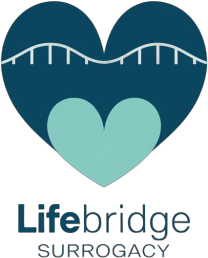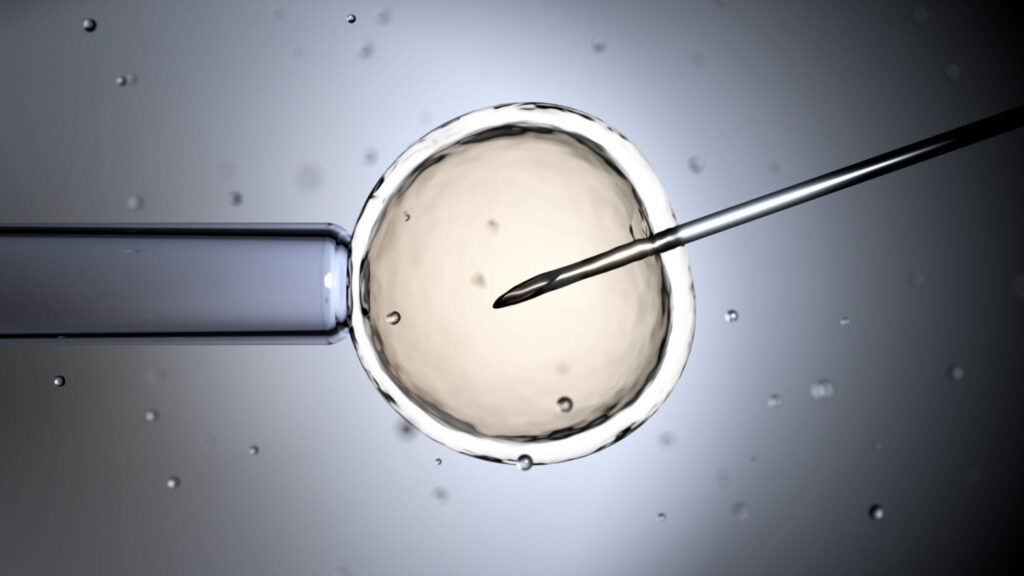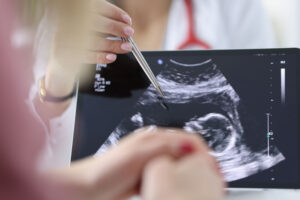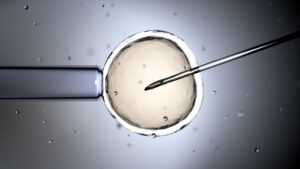Introduction to Egg Donation and Surrogacy
Egg donation and surrogacy are increasingly popular options for individuals and couples looking to build their families. In Los Angeles, these processes are supported by a robust network of clinics, agencies, and professionals dedicated to helping intended parents fulfill their dreams. Understanding the steps involved in these journeys can help demystify the process and provide clarity for those considering these paths to parenthood.
Understanding Egg Donation
Egg donation involves a donor providing her eggs to be used in assisted reproductive technologies, like in-vitro fertilization (IVF). This process is essential for individuals or couples who cannot conceive using their own eggs due to medical conditions, age, or other factors. In Los Angeles, numerous agencies facilitate the matching of donors with intended parents, ensuring all parties are comfortable and informed.
The egg donation process typically includes several steps:
- Screening and Selection: Potential donors undergo medical, psychological, and genetic screenings to ensure they are healthy and suitable candidates.
- Legal Agreements: Both donors and recipients sign legal agreements outlining the rights and responsibilities of each party.
- Egg Retrieval: Donors undergo a minimally invasive procedure to retrieve eggs from their ovaries.
The Role of Surrogacy
Surrogacy is another option for individuals and couples who cannot carry a pregnancy themselves. It involves a surrogate mother carrying a child for the intended parents. In Los Angeles, surrogacy is governed by clear legal frameworks, making it a viable and secure option for many. There are two primary types of surrogacy: traditional and gestational.
Traditional surrogacy involves the surrogate using her own egg, making her the biological mother of the child. In contrast, gestational surrogacy uses an egg from the intended mother or a donor, meaning the surrogate has no genetic ties to the baby. Gestational surrogacy is more common due to its legal simplicity and emotional clarity for all parties involved.
Navigating Legal Considerations
The legal aspects of egg donation and surrogacy are crucial and can vary significantly by location. In Los Angeles, intended parents must work with experienced attorneys specializing in reproductive law to draft and review contracts. These contracts protect the rights of everyone involved and outline responsibilities clearly.
Key legal considerations include:
- Establishing parental rights for the intended parents.
- Ensuring the surrogate’s rights and well-being are protected.
- Addressing potential complexities related to international surrogacy arrangements.
Choosing the Right Agency or Clinic
Selecting the right agency or clinic is a critical step in the egg donation and surrogacy process. Los Angeles offers a variety of reputable agencies with experienced professionals who can guide you through every step. It’s important to research and choose an agency that aligns with your values and provides comprehensive support services.
Emotional Support and Counseling
The journey through egg donation and surrogacy can be emotionally challenging for all parties involved. Many clinics and agencies in Los Angeles offer counseling services to help manage these emotions. Support groups, therapy sessions, and educational resources can provide invaluable assistance throughout the process.
Seeking emotional support can help address concerns such as anxiety, stress, or relationship dynamics that may arise during these life-changing experiences.
Conclusion
The path to parenthood through egg donation and surrogacy in Los Angeles is filled with opportunities for building families in unique and fulfilling ways. By understanding each aspect of the process—from selecting donors and surrogates to navigating legalities—intended parents can embark on their journey with confidence. With the right support, resources, and preparation, achieving your dream of starting a family is possible.




